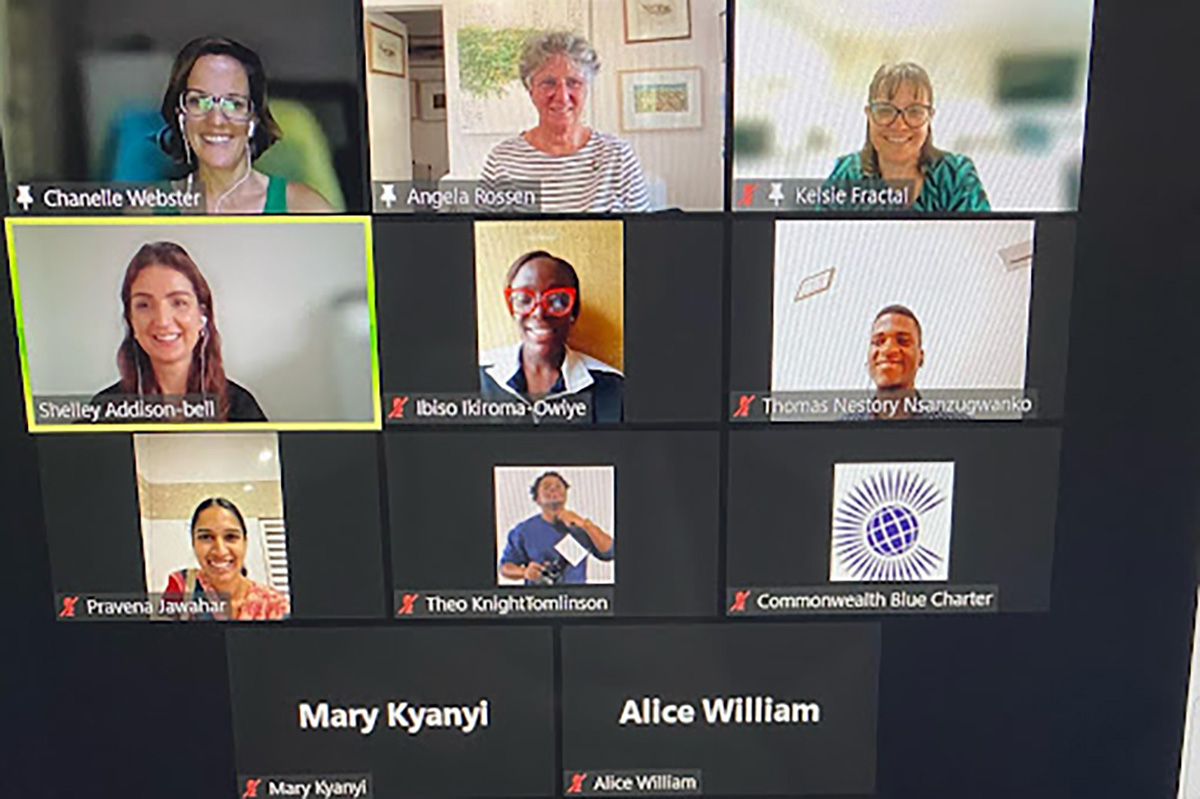“Graduates focus on self-employment”
May 4th, 2016 High unemployment has turned many graduates to look to their own skills and resourcefulness to create income opportunities, writes Sola Abe, 24, a Correspondent from Lagos in Nigeria.
High unemployment has turned many graduates to look to their own skills and resourcefulness to create income opportunities, writes Sola Abe, 24, a Correspondent from Lagos in Nigeria.
As the challenge of high unemployment continues to plague Africa’s biggest economy and most populous country, Nigerian graduates are increasingly looking away from paid employment.
The number of graduates turned out every year from universities, polytechnics and colleges is more than what the labour market can absorb.
There are too many graduates chasing few jobs. Just recently, the Police Service Commission said it received 705,352 applications for the 10,000 job vacancies it advertised.
According to the National Bureau of Statistics, the unemployment rate in Nigeria increased to 10.4 per cent in the fourth quarter of 2015, from 9.9 per cent in the previous period.
The number of unemployed persons was up by 518,000 to eight million, and the labour force population rose by one million to 76.95 million. The underemployment rate grew to 18.7 per cent.
Now the fall in global oil prices, which has continued to take a toll on the nation’s economy, has exacerbated joblessness in the country as many companies have downsized and investors remain spooked, adopting a wait-and-see approach.
The Director General, National Centre for Technology Management, Dr. Willie Siyanbola, while speaking at a stakeholders’ sensitisation workshop on Entrepreneurial Attitudinal Status in 2012, said there were 4.5 million unemployed people in the country and that he doubted if any government could cater for such number of people.
According to him, “There will be no solution to unemployment in the country unless all the graduates embark on entrepreneurship. It is the only solution to unemployment in Nigeria.”
Buoyed by the worsening unemployment situation in the country, not a few Nigerian graduates have veered off the path of paid employment job search to embrace entrepreneurship, starting businesses and creating jobs for others.
They are rising to challenge the status quo by acquiring and developing skills to become producers and job creators. They now see the problems of their country as opportunity to create jobs.
They have begun to provide useful solutions through different innovations to the socio-economic problems they and others face.
While some skills were acquired before they gained admission into tertiary institutions, some were learnt when they were in school, while others got the skills after they graduated from school.
Examples abound of graduates in the country who are making the most of the skills they acquired to earn a living and create jobs for others, rather than doing nothing in the name of waiting to secure a job.
A 26-year-old accounting student in Ekiti State University, Oluwagbeminiyi Adeniyi, said it was in a bid to prevent being idle after graduation that she decided to empower herself by starting a cake-baking business.
“The state of our country’s economy made me realise that there is no provision for life after school, as graduates are finding it difficult to get a good job. So, I concluded that empowering myself will enable me to fend for myself after school,” she said.
For Oluwatobi Ceomania-Ogundele, a 27-year-old graduate of English language, his desire to do something different made him decide to explore the “aso-oke” business, a fashion business that involves knitting the Yoruba woven traditional fabric.
Asked why he decided to become an entrepreneur, he said, “When the time came to get a job, I just didn’t want to join the bandwagon of jobseekers; so, I chose to do something different.”
A 29-year-old accounting graduate-turned-taxi driver, Susan Aghogho, said she left the corporate world because her salary was too meagre compared to her workload.
She said, “I used to be a hotel manager but I resigned because I felt I was being treated unjustly. So, I decided to become self-employed and by God’s grace, I see myself having more cars and employing young ladies that have guts to do what I’m doing and even better.”
Olaide Owoade had become a part-time baker about three years before she earned a degree in Mass Communication. Her passion to be self-reliant made her become a full-fledged professional cake baker.
“I will rather work hard to build my business than be hired to build someone else’s,” she said.
The urge to do something different, not to be stranded in life and to explore their potential and abilities has made many other young people stand up and do for themselves what it may take the government several years to do: create jobs.
The accountant-turned-taxi driver advised unemployed Nigerian graduates to start thinking of alternatives, as the country does not have adequate employment opportunities for them.
Instead of waiting for white collar jobs, she urged them to buckle up and do something for themselves.
“Young people should help themselves and not wait for oil companies’ jobs,” she said.
photo credit: Marketers: It’s time to reinvent creativity via photopin (license)
…………………………………………………………………………………………………………………
About me: I am a staff writer with an online news magazine, Echo News Online. My vision is to create media content that will inspire, educate and renew the mind of people. I am passionate about advocating for and empowering abused women.
I hope to be known as a woman that stands against gender based violence. I love to look good, have fun and make new friends. Above all, I love God and pray to become all he wants me to be.
…………………………………………………………………………………………………………………
Opinions expressed in this article are those of the author and do not necessarily represent the views of the Commonwealth Youth Programme. Articles are published in a spirit of dialogue, respect and understanding. If you disagree, why not submit a response?
To learn more about becoming a Commonwealth Correspondent please visit: http://www.yourcommonwealth.org/submit-articles/
…………………………………………………………………………………………………………………






